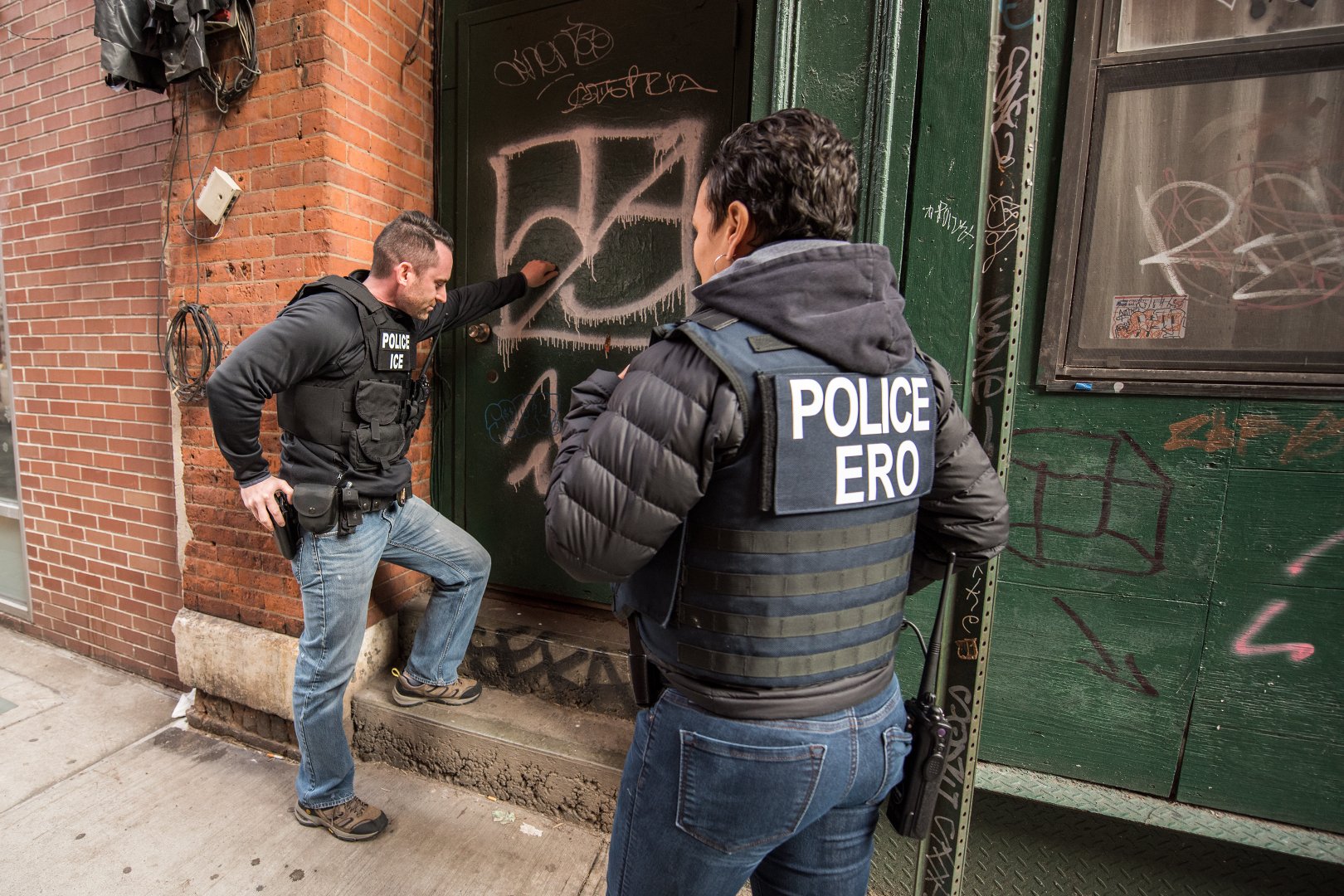Federal immigration agents have sharply increased arrests of immigrants in San Francisco and across California since June 2025, sending many detainees to out-of-state centers in Arizona. This move is part of The Trump administration’s push for mass deportations, aiming to remove more people quickly and limit their access to local legal help.
Between June 6 and June 22, 2025, the Department of Homeland Security arrested 1,618 people in Southern California, with similar sweeps reported in the Bay Area. Immigrants arrested in San Francisco are now often transferred to detention centers in Arizona, where expedited removal is easier and legal support is harder to find. According to analysis by VisaVerge.com, these transfers have increased since May, with advocacy groups reporting dozens of people moved each week.

Federal officials say these transfers are necessary for national security and to avoid local resistance in sanctuary cities like San Francisco. They argue that moving detainees to Arizona helps speed up deportations and reduces interference from local governments. However, California leaders and immigrant rights groups strongly oppose the practice, saying it violates state sanctuary laws and makes it much harder for families to stay in contact or get legal help.
Legal challenges are underway. On July 16, 2025, advocates filed a lawsuit against Immigration and Customs Enforcement (ICE), arguing that courthouse arrests and out-of-state transfers break due process rights. A temporary restraining order has stopped some raids in Southern California, but its effect on San Francisco remains unclear as court battles continue.
The Trump administration’s 2025 policy focuses on expanding detention capacity in states like Arizona, Texas, and Louisiana. The strategy targets both recent arrivals and long-term residents, including those with little or no criminal record. Local law enforcement data, such as fingerprints, is used to identify immigrants for arrest, even in sanctuary cities.
San Francisco now leads the country in the number of immigrants enrolled in Alternatives to Detention (ATD) programs, which use electronic monitoring instead of jail. Still, many immigrants arrested in San Francisco are physically transferred to Arizona for faster processing and deportation.
The impact on families is severe. Many report sudden disappearances and loss of contact with loved ones after transfers. Legal experts warn that moving detainees out of state undermines their right to a fair hearing and makes it harder for lawyers to help, especially for asylum seekers and long-term residents.
Advocacy groups, including the American Immigration Council and Immigrant Justice, are providing legal aid and fighting these policies in court. Community organizations in both San Francisco and Arizona are ramping up support, offering rapid response hotlines and legal clinics.
For families seeking information on transferred detainees, the official ICE Detainee Locator is available at https://locator.ice.gov. The San Francisco Immigrant Legal & Education Network (SFILEN) also offers local support.
As lawsuits continue and Congress debates new laws, the future remains uncertain. Immigrants arrested in San Francisco face quick transfers to Arizona, limited legal access, and the risk of fast deportation, while communities and advocates fight for their rights and protections.
Learn Today
Department of Homeland Security → US federal agency responsible for immigration enforcement and national security operations.
Alternatives to Detention (ATD) → Programs allowing immigrants monitored electronically instead of being jailed during immigration proceedings.
Expedited removal → A fast deportation process that limits detainees’ opportunities to challenge removal.
Sanctuary cities → Cities limiting cooperation with federal immigration enforcement to protect undocumented immigrants.
Immigration and Customs Enforcement (ICE) → Federal agency enforcing immigration laws, including arrests and detentions of immigrants.
This Article in a Nutshell
Federal immigration arrests surged in California in 2025, with detainees from San Francisco transferred to Arizona for faster deportation. This policy limits legal aid access and strains families. Advocacy groups challenge the practice in court, emphasizing due process violations amidst expanding detention capacity nationwide under the Trump administration.
— By VisaVerge.com













